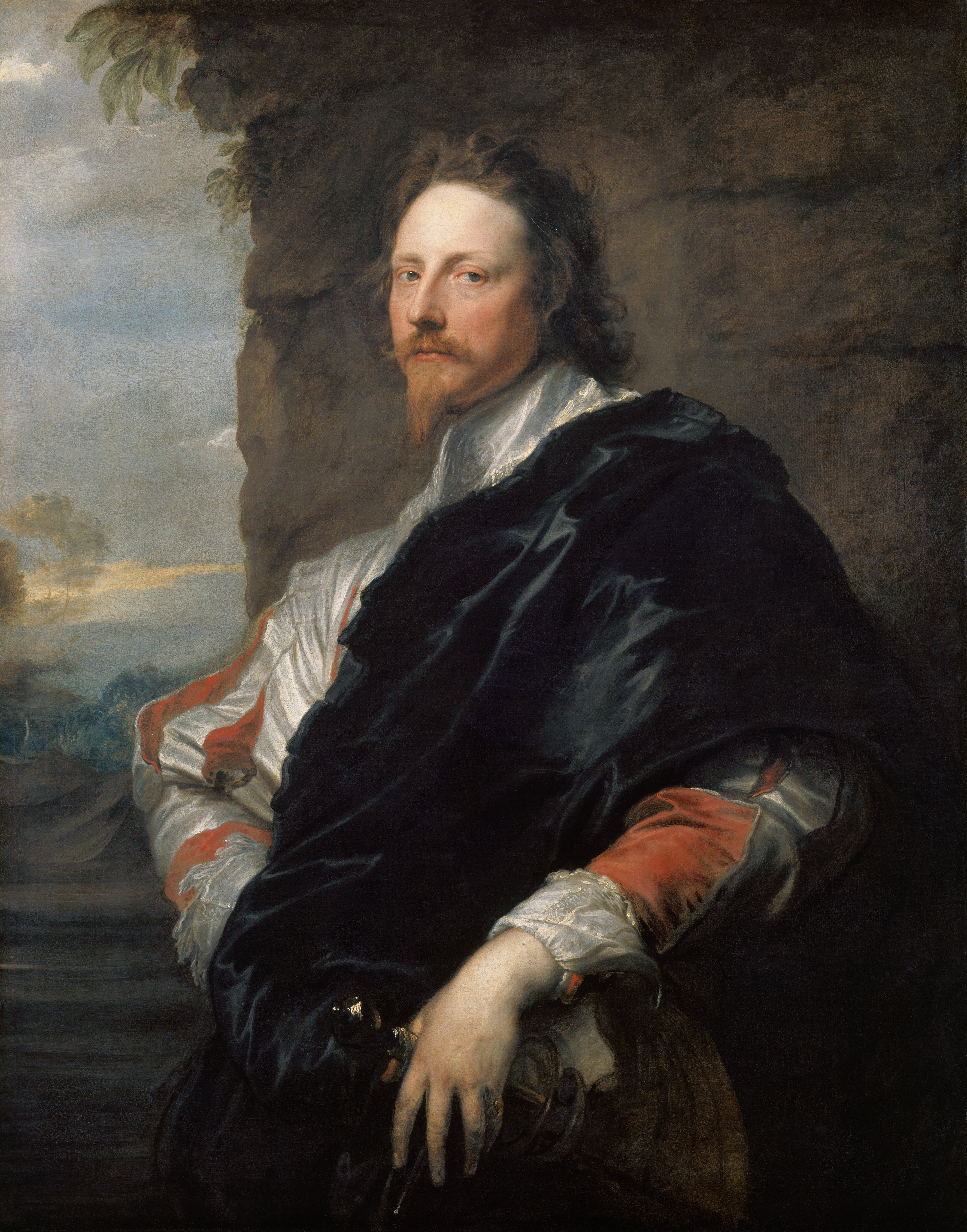
Master of the King's Music
Master of the King's Music (or Master of the Queen's Music, or earlier Master of the King's Musick) is a post in the Royal Household of the United Kingdom. The holder of the post originally served the monarch of England, directing the court orchestra and composing or commissioning music as required.
The post is broadly comparable to that of poet laureate. It is given to people eminent in the field of classical music; they have almost always been composers. Duties are not clearly stated, though it is generally expected the holder of the post will write music to commemorate important royal events, such as coronations, birthdays, anniversaries, marriages and deaths, and to accompany other ceremonial occasions. The individual may also act as the sovereign's adviser in musical matters. Since 2004 the appointment has been for a fixed term of ten years rather than for life, as previously.
The King's Musick[edit]
In the 14th century professional music-making in England was theoretically regulated by the Crown. Musicians known as the "King's Minstrels" or the "King's Musick" wore the royal livery and exercised some control of other musicians, although the musicologist Leonard Duck describes that control as "nominal".[1]
Henry VI appointed a Royal Commission to regulate unlicensed minstrelsy and in 1469 Edward IV granted the royal minstrels a Guild charter. According to the charter, "no Minstrel of our Kingdom ... shall henceforth in any way practise or publicly exercise the art or occupation within our Kingdom aforesaid, unless he belong to the said Brotherhood or Guild". This led to legal difficulties between the royal minstrels and the City Company under the patronage of the City of London, chartered by James I in 1604 to perform in the City and three miles outside it.[2] The King's Minstrels requested and received a charter from Charles I in 1635 to "have the survey, scrutinie, correction and government of all and singular the musicians within the kingdome of England".[1]
18th century[edit]
Staggins was succeeded by John Eccles, who was appointed by William III in June 1700. Eccles was the longest-serving Master, holding the post for 35 years; he is also the only one to have served under four monarchs (William III, Anne, George I and George II). He was already a well-known composer before his appointment, described by Grove's Dictionary of Music and Musicians as "undoubtedly the greatest of the Restoration theatre composers" after Purcell.[5] He nevertheless continued his predecessors' practice of commissioning works from other composers, including Handel, who supplied the Ode for the Birthday of Queen Anne (1713).[4] Duck comments that Handel's eminence as a composer "evidently did not qualify him as a suitable candidate for the honour of Master of the King's Music – the Hanoverian kings clearly played safe by choosing musicians of unimpeachable native breeding".[1]
After Eccles's death in 1735, his post was filled by Maurice Greene, who already held the posts of organist of St Paul's Cathedral and organist and composer of the Chapel Royal.[6] He held the post for twenty years, but his health was never robust, and he frequently called upon his former pupil William Boyce to compose music for the birthday and New Year odes written by the Poet Laureate in honour of the king.[4] After Greene died in December 1755, Boyce succeeded him as Master of the King's Musick, and later in the Chapel Royal appointment. It was probably in the latter capacity rather than the former that Boyce provided what Grove calls "an imposing and deeply felt orchestral anthem" for the funeral of George II on 11 November 1760, "a splendid setting of 'The King shall rejoice"' for the wedding of King George III and Princess Charlotte on 8 September 1761, and eight anthems for the coronation of the king later in the same month.[7]
Boyce died in 1779, and was succeeded as Master by another former pupil of Greene, John Stanley, who held the post until he died in 1786. He composed fifteen birthday and New Year odes, but none of them have survived.[4] The last Master appointed in the 18th century was Sir William Parsons. He was viewed by his contemporaries as an affable man but a musician of limited ability, although his court music cannot be assessed, having mostly been lost.[8] He is believed to be the first professional musician to have been knighted in Britain, although it was said that the honour was more for "the score of his merits than because of the merits of his scores".[9]